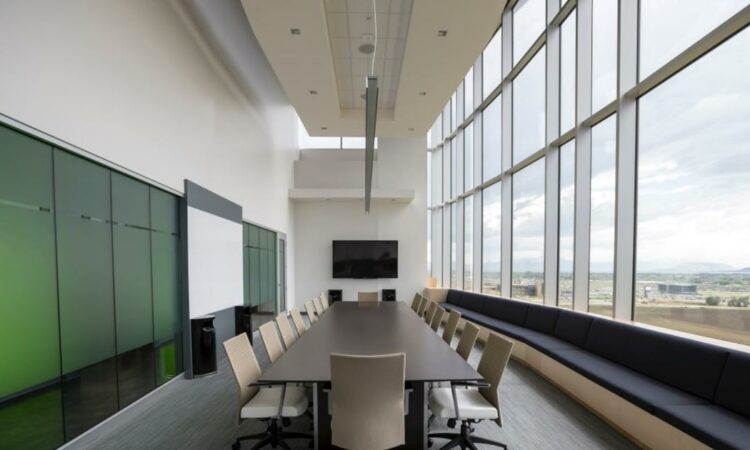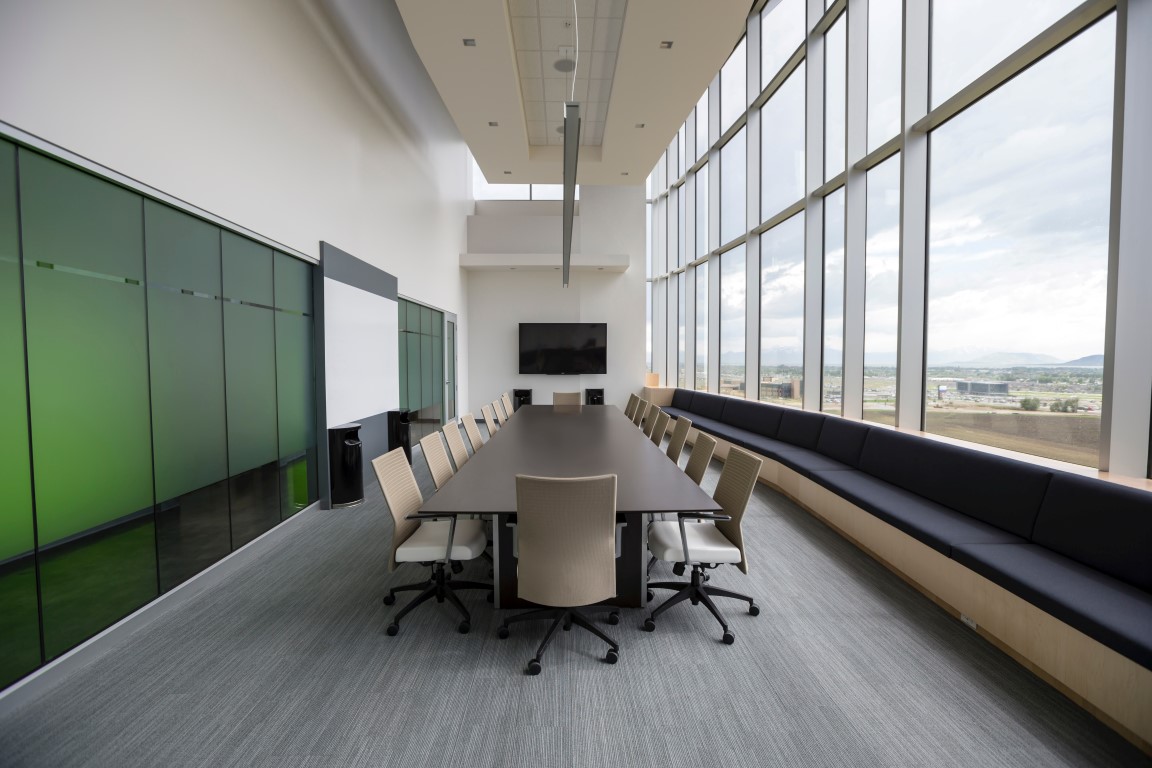While the UAE’s luxury hotels have bounced back post-coronavirus, business hotels are lagging as more meetings are conducted online, according to Dirk Bakker, head of EMEA Hotels & CEO Netherlands, Colliers
UAE hotels hit 62 percent occupancy in the first six months of 2021.
A substantial part of the business travel industry, severely impacted by the coronavirus crisis, will be gone for good, according to Dirk Bakker, head of EMEA Hotels & CEO Netherlands, Colliers.
Bakker told Arabian Business that while luxury travel is expected to bounce back across the globe in the wake of the pandemic, the same level of optimism was not there for a rejuvinated business sector.
“Business travel will go back slower. Will it go back to pre-pandemic levels? I don’t think so. I think we will lose 20 percent of that forever,” said Bakker.
UAE hotels hit 62 percent occupancy in the first six months of 2021 as the tourism sector continues to rebound from the Covid-19 pandemic, state news agency WAM reported earlier this week.
Nearly 8.3 million guests visited the UAE’s hotels and tourism establishments in the first six months of the year, a 15 percent growth compared to the first half of 2020 when the coronavirus pandemic-induced lockdowns prevented much travel and tourism.
And room rates in the country’s luxury hotels are almost at the same levels they were pre-pandemic, in 2018/2019, although occupancy is slightly lagging behind, explained Bakker.
And with various coronavirus-related safety restrictions easing up in the days leading up to Expo 2020, launching October 1, he expects demand on leisure to travel to pick up even further. “Expo will be a huge success, I am sure of it,” he told Arabian Business.
 Dirk Bakker, head of EMEA Hotels & CEO Netherlands, Colliers.
Dirk Bakker, head of EMEA Hotels & CEO Netherlands, Colliers.
Other property types in the UAE have not fared as well as luxury ones, however.
“Business hotels in the country are lagging behind because business is still very much behind leisure,” said Bakker.
“The cheaper hotels are in competition with each other and therefore are also struggling because they are competing on rate, whereas the bigger and more luxurious hotels are not doing that; they are setting their standards,” he continued.
In line with Bakker, Samih Sawiris, chairman of Orascom Development Holding, developer of fully integrated destinations, including hotels, residential units and leisure facilities said: “Two years ago if you’d told your boss you’d be working from home for the day, he would look at it negatively. If you did it twice, he’d probably start looking for your replacement. Today it is absolutely common practice for the office to be a mobile institution.”
“The 9 to 5 model of work will gradually disappear and that will impact office sales, investments in this sector, travel…all business hotels will suffer forever,” he continued.
As part of his talk on the macro-economic environment and support for the hotel industry’s recovery in AHIC on Monday, Sawiris advised those in the business hotel segment to “devise new ideas because the industry will continue to suffer as corporates grow used to Zoom.”
“With the younger generation, that doesn’t really care to have a handshake and sit-down like our generation does, travel for business will almost diminish,” he said.
How coronavirus has forced us to re-evaluate the 9 to 5 working day
Standard Chartered’s Millicent Clarke highlights the need for strong leadership in times of drastic change
“If you don’t have a hotel in cool place where there are tons of things to do other than business, you will suffer,” added Sawaris.
While the remote work model could spell the decline of business travel and business hotels, it has ushered in a rise in demand for second-homes, said Sawaris.
“People are realising they can work out of these homes, which are usually in nicer locations than their primary homes. We are making money for the first time in a long time in real estate because of this trend for second homes becoming very popular,” he said.
Not all hope is lost for business travel, however, as some meetings are best held in-person, explained Bakker.
“Personally I think internal meetings will be held online and external meetings will bounce back more or less to where they were. Conducting a business deal is something you don’t do over a screen, you need eye contact for that,” said Bakker. He gave the example of the Arabian and African Hospitality Investment Conference (AHIC), to illustrate that the business community is hungry to network and negotiate deals face to face.
As such, Bakker said coronavirus “accelerated technology and that will change the way we travel in the future. We will use the screen more for business travel”.
 Coronavirus has accelerated technology.
Coronavirus has accelerated technology.
Contrary to this view, chief executive of Hilton Chris Nassetta told the Financial Times he believes business travel will come back.
“My whole life’s philosophy . . . is steady hand on the wheel. Everybody thinks leisure, leisure! I’ve been doing this too long: leisure is going to come down and [business travel] is going to come up,” said Nassetta.
“You have to realise that you are reading the papers and filtering through a big company lens when the bulk of business travel is not that and these [small and medium] businesses have to travel or they die,” he added.
Source: Read Full Article


 Dirk Bakker, head of EMEA Hotels & CEO Netherlands, Colliers.
Dirk Bakker, head of EMEA Hotels & CEO Netherlands, Colliers.
-.jpg?itok=rITZwlMq) Coronavirus has accelerated technology.
Coronavirus has accelerated technology.